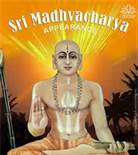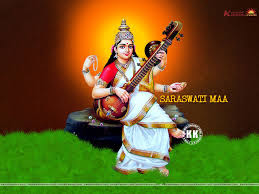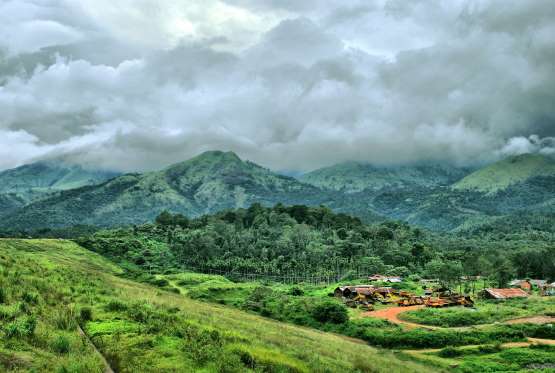Life – A Process and Karmam ( activity ):6. ( Last Part )
Ordinary psychological experience is usually marked off from a life of spiritual insight. The path of the pleasant is differentiated from the way of the good. What the senses report to us need not necessarily be the true or the good. Often they give us false intimations and involve us in tantalizing mirages which recede from us as we try to approach them. It is because of this unfortunate predicament that we go on experimenting with one object after another, seeking final satisfaction, but do not find it anywhere. This fruitless pursuit continues until thinking of benefit in terms of separateness discovers its own futility and gives way to a search for peace in terms of more and more integrated realms of being. The individual expands to the family, the family to the community, the community to a wider society or the nation, the nation to the whole world, and the world to the cosmos, wherein the process of expansion finds its limit and begins to turn inward into the centre of experience which, in the end, is recognized to be identical with the Supreme Being. Bearing this in mind, the sage of the Upanishad warns us with the great rule that everything shall desert us if we consider it to be different from our own essential self. As we have already noticed, nothing in this world can be considered to be merely a means to the satisfaction of another, for in this mutually determined whole there are only ends, not means. The Bhagavadgita states that all pleasures that are born of the contact of the mind and the senses with the external are a womb of pain, for outward contact is not the way of contacting reality. The dissatisfying consequence of sense gratifications, the fear that usually attend upon them, the chances of getting addicted to the habits and impressions produced by such pleasures, and the inevitability of the rise of further desires and greater distractions, in addition to the wearing out of the senses, should rouse in the man of discrimination a consciousness of the higher life.
END.




Comments